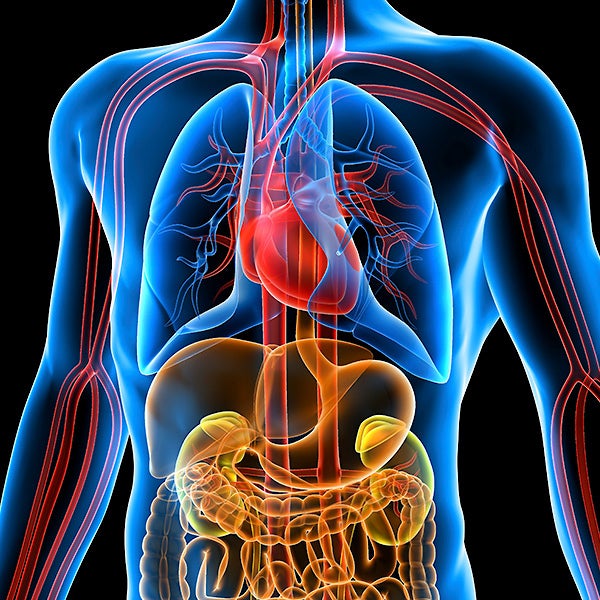Pay-It-Forward Program
Overview of Loyola's Pay-It-Foward Program
Altruistic Kidney Donation to Benefit Transplant Patients – "Pay-It-Foward"
The program starts with an altruistic donor who, after much reflection, has decided to donate a kidney to a critically ill stranger. Our pay-it-forward program allows patients with willing but incompatible donors to receive a transplant by matching altruistic donors and donor pairs in similar situations, creating a chain of living-donor kidney transplants.
With these kinds of chain donations, patients who might otherwise die waiting their turn for a deceased-donor kidney on the traditional organ list are now able to receive new kidneys and lead full, productive lives. This couldn’t happen without altruistic donors, who are the soul of our program — we can’t say enough about their selfless generosity.
Loyola’s innovative pay-it-forward program began when four people offered to donate kidneys to four complete strangers across the country — with no strings attached. The program was the first of its kind in the Midwest. We were honored to take part in the longest kidney transplant chain in United States history.
How Do Paired and Chain Donations Work?
Donor recipient pairs that are incompatible are entered into a paired exchange program with their incompatible pairs from other transplant centers in the United States.
The incompatible donor at Loyola gives a kidney to a compatible transplant candidate who has a willing but incompatible donor in another institution. The incompatible donor could be a friend, acquaintance or family member who agrees to give a kidney to a third person with an incompatible donor, and a chain reaction begins. A kidney transplant chain returns a living donor kidney to the recipient of our originating donor completing the chain.
Chains can be started with altruistic donors and can potentially go on forever, but a chain typically ends with a kidney patient who is extremely difficult to match.
Traditionally, transplant recipients would have to wait about three to five years for a suitable deceased-donor kidney in our region. Now with paired kidney exchanges and chain transplant surgery, our goal is to help every recipient with a healthy donor undergo transplant surgery within a year.
Our approach sets us apart. While many hospitals only look for kidney matches within their own campus, we use this landmark approach to conduct a nationwide search. Not only are these faster matches, but they are better matches.
When you have a better match, it reduces the need to suppress the immune system and you are at less risk of rejection. With a more precise match, your kidney will remain healthy for a much longer period of time. This process starts with a kidney transplant evaluation.
For more information, please contact us today.

